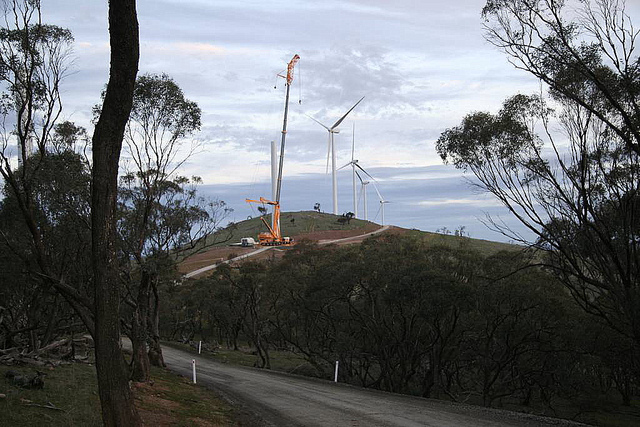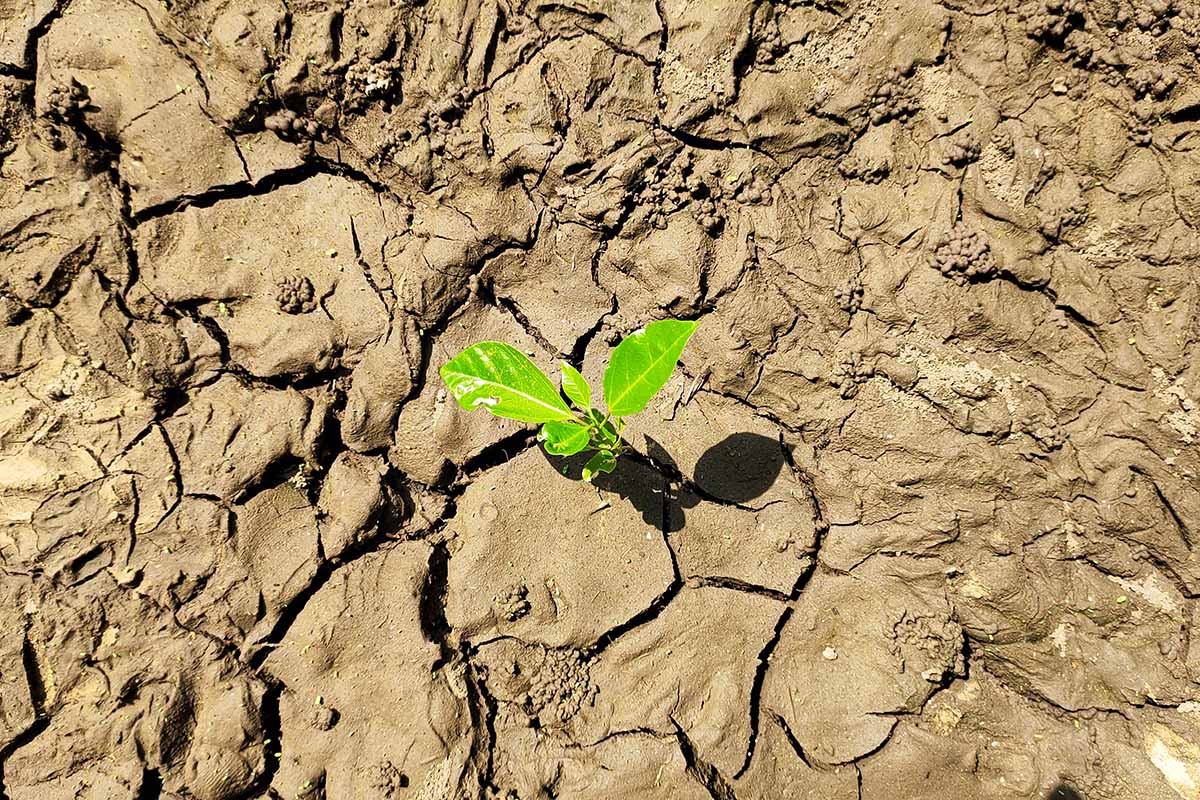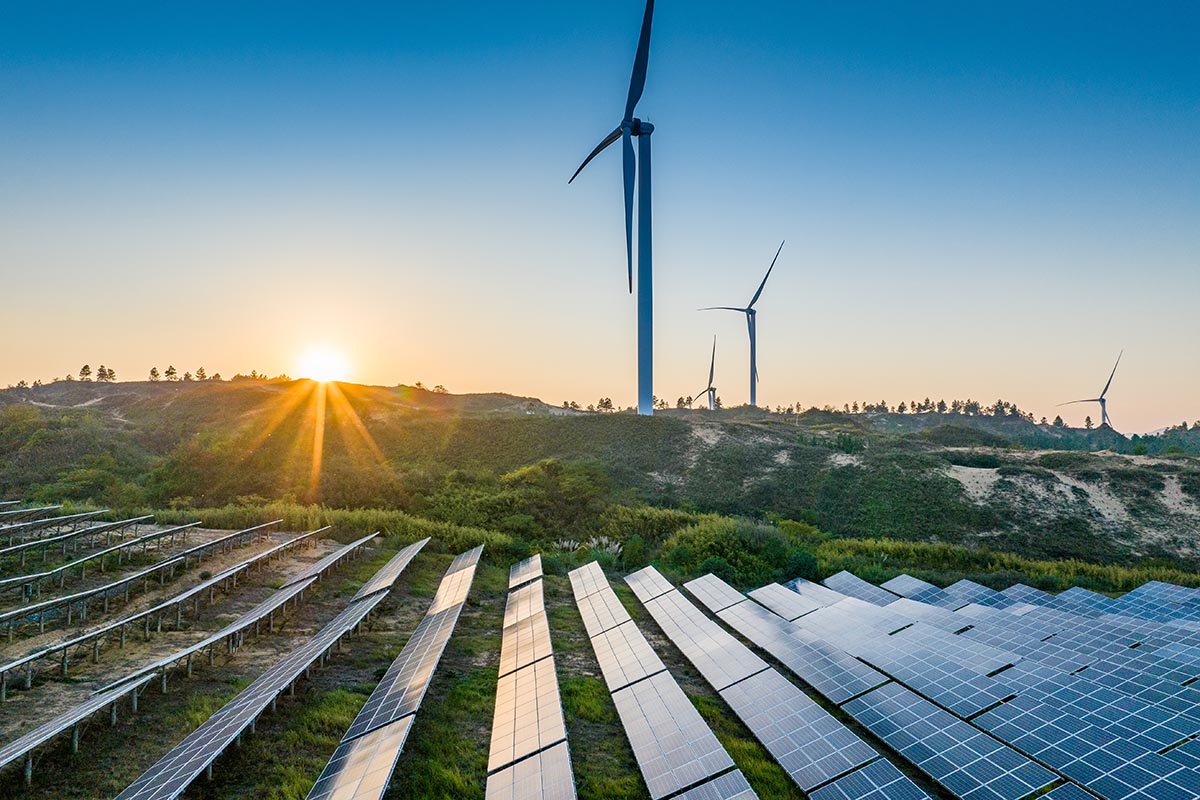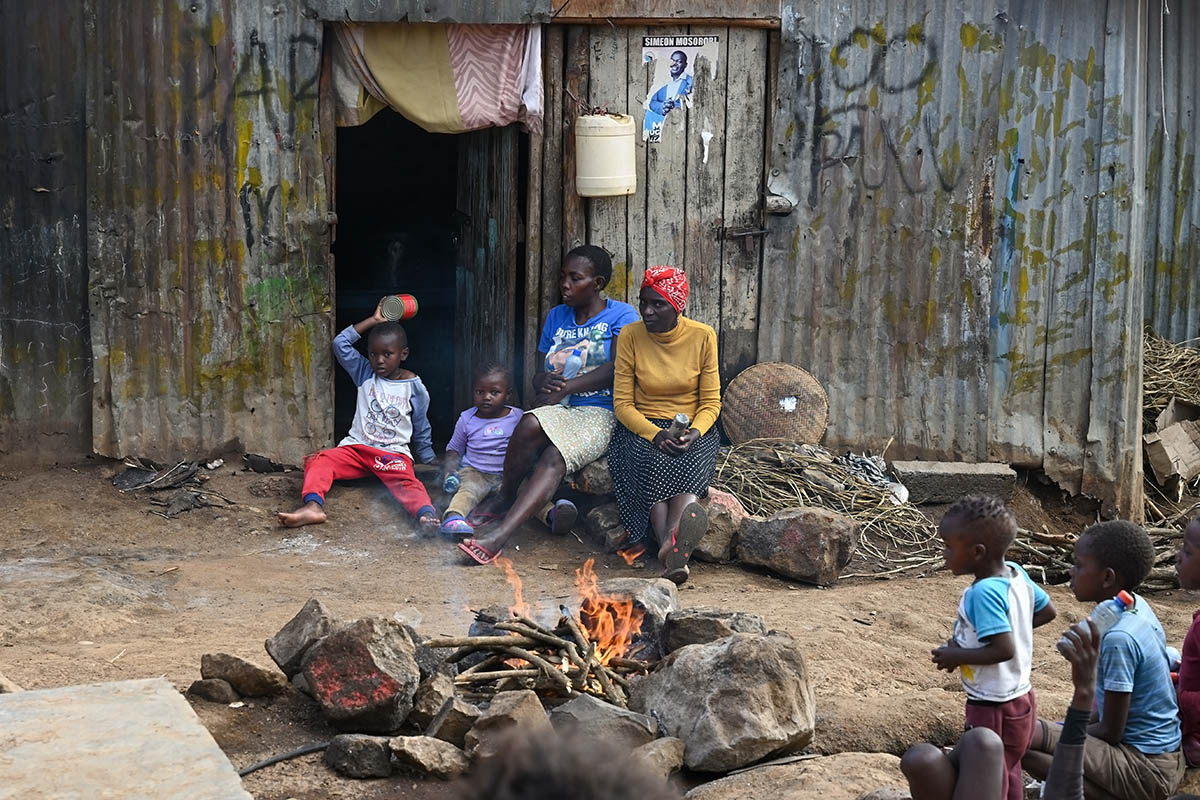SIDS 2014: "The clean energy race for small island nations"
August 20Mehzabin Ahmed, a Commonwealth Correspondent from Bangladesh, says Small Island Developing States are dependent on fossil fuel, but the renewable energy targets and initiatives of some of these small nations rival those of developed countries.
When we look at the small island developing states, starting from Trinidad and Tobago to Tonga and Samoa, we see an abundance of one or more renewable energy sources — rivers, waterfalls, wind, sunshine, biomass, wave power, geothermal deposits. However, a staggering 90 per cent of their primary energy to produce electricity and power transport has been coming from fossil fuels.
This represents a major source of economic vulnerability for these small states. The islands also share common environmental and oil spill risks to land and seas, from the transport of hydrocarbons from tanker to refinery.
However, stories of resilience stand out. Tokelau has recently begun producing 100 per cent of its energy from solar sources. Similarly, the Tuvalu, Cook Islands and Niue hope to rapidly move towards 100 per cent renewable energy by 2020. The Solomon Islands and Federated States of Micronesia have also announced targets of 50 per cent renewable electricity generation by 2015 and 2020 respectively.
Likewise, in the Galapagos, home to world famous tortoises, the Galapagos Zero Fossil Initiative hopes to achieve 100 per cent renewables by 2020. Half of its renewables will derive from jatropha oil, made from seeds grown by 240 farming families in 40 communities on the mainland. The majority of the remaining energy will come from wind energy and photovoltaics.
In the meantime, Dominica has implemented a number of duty free concessions which has led to investment in renewable solar and wind projects. Cabeolica has harnessed the country’s plentiful winds to help it reduce diesel import costs and increase its energy security.
In the island group of Palau, the National Development Bank is leading the way with its programme to integrate energy efficient measures into its mortgage lending for new-builds, drastically cutting the need for energy-intensive air-conditioning.
In contrast, Vanuatu, where 67 per cent of its inhabitants have no access to electricity, has not really started to develop its potential.
Collectively, the group of 52 small island developing states is targeting a 45 per cent cut in emissions in the next 18 years, much more than the world’s rich countries who among them have pledged 12-18 per cent cuts in emissions by 2020. On the other hand, Timor-Leste, the poorest country in Asia, expects to provide solar electricity to all its 100,000 families by 2030.
These small states have developed active energy policies and strategies geared toward transformation to low carbon economies, however the challenge remains in mobilizing the resources.
Common obstacles include poor infrastructure, weak institutional capacity and lack of financial resources for renewable energy projects. Moreover, there is difficulty in getting equipment to the more remote islands, while shipping is expensive and irregular.
Still, increased energy efficiency and reliance on renewable energy can eliminate reliance on fossil fuels and related pollution, while increasing energy security, employment as well as economic and social well-being in small island developing states.
These stories and solutions can be applied to environmental concerns all over the world. Such a breakthrough can be seen in Fiji on another environmental frontier, where local residents are restoring mangroves and coral reefs to help prevent flooding and erosion.
Low carbon economy in small islands “…not just an option…it is the only way…” said Prime Minister Henry Puna of the Cook Islands in 2012.
“This is about survival as well as economics. We are spending $220M a year importing fuel so it is in our interests. It is vested interests by the oil, coal and fossil fuel industries that is preventing rich countries meeting their obligations. We are demanding that all countries take their responsibilities.” said Barbados Prime Minister Freundel Stuart.
While the small island developing states contribute the least to global emissions, they continue to take significant actions towards the reduction of their own emissions, through regional and inter-regional energy initiatives in the fight against climate change.
It is noteworthy to mention that the UN General Assembly has declared 2014 as the International Year of Small Island Developing States to celebrate the contributions that this group of countries and territories has made to the world.
These small islands developing states, home to rich ecosystems and dazzling landscapes, are leading the way in the world’s clean energy race, making milestones for others to follow.
photo credit: Bush Philosopher – Dave Clarke via photopin cc
…………………………………………………………………………………………………………………
About me:
“I come from Bangladesh, home to the Royal Bengal tigers and the longest natural beach in the world. I am passionate about working for sustainable solutions to development. I currently work as a development practitioner in Dhaka, Bangladesh. I am also a freelance journalist and a novice debater.
“I am bilingual in Bangla and English. I love learning new languages, and am a keen but elementary student of French. What I have learnt from wise words and life experiences is that, “If you want others to change, you have to be willing to change yourself as well”. Feel free to call me Simi.
…………………………………………………………………………………………………………………
Opinions expressed in this article are those of the author and do not necessarily represent the views of the Commonwealth Youth Programme. Articles are published in a spirit of dialogue, respect and understanding. If you disagree, why not submit a response?
To learn more about becoming a Commonwealth Correspondent please visit: http://www.yourcommonwealth.org/submit-articles/commonwealthcorrespondents/
…………………………………………………………………………………………………………………







